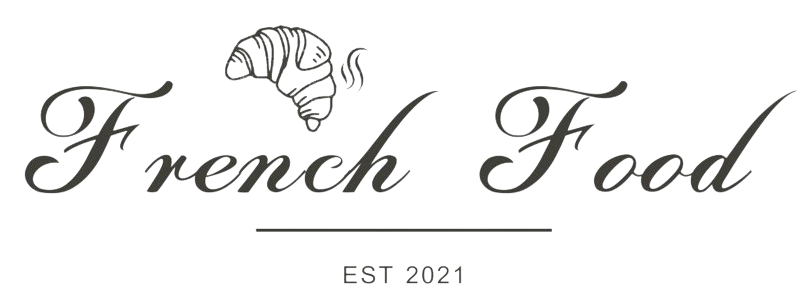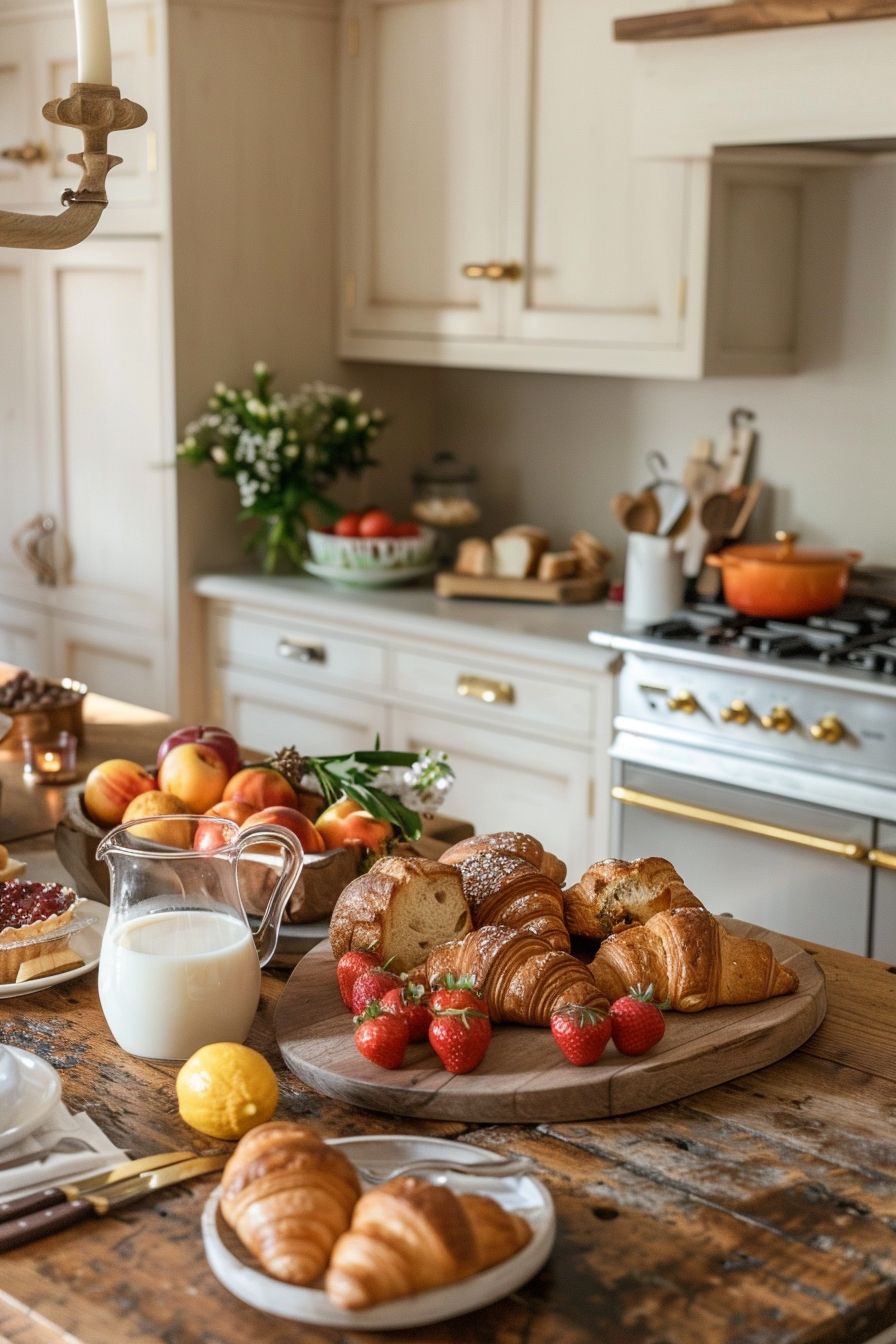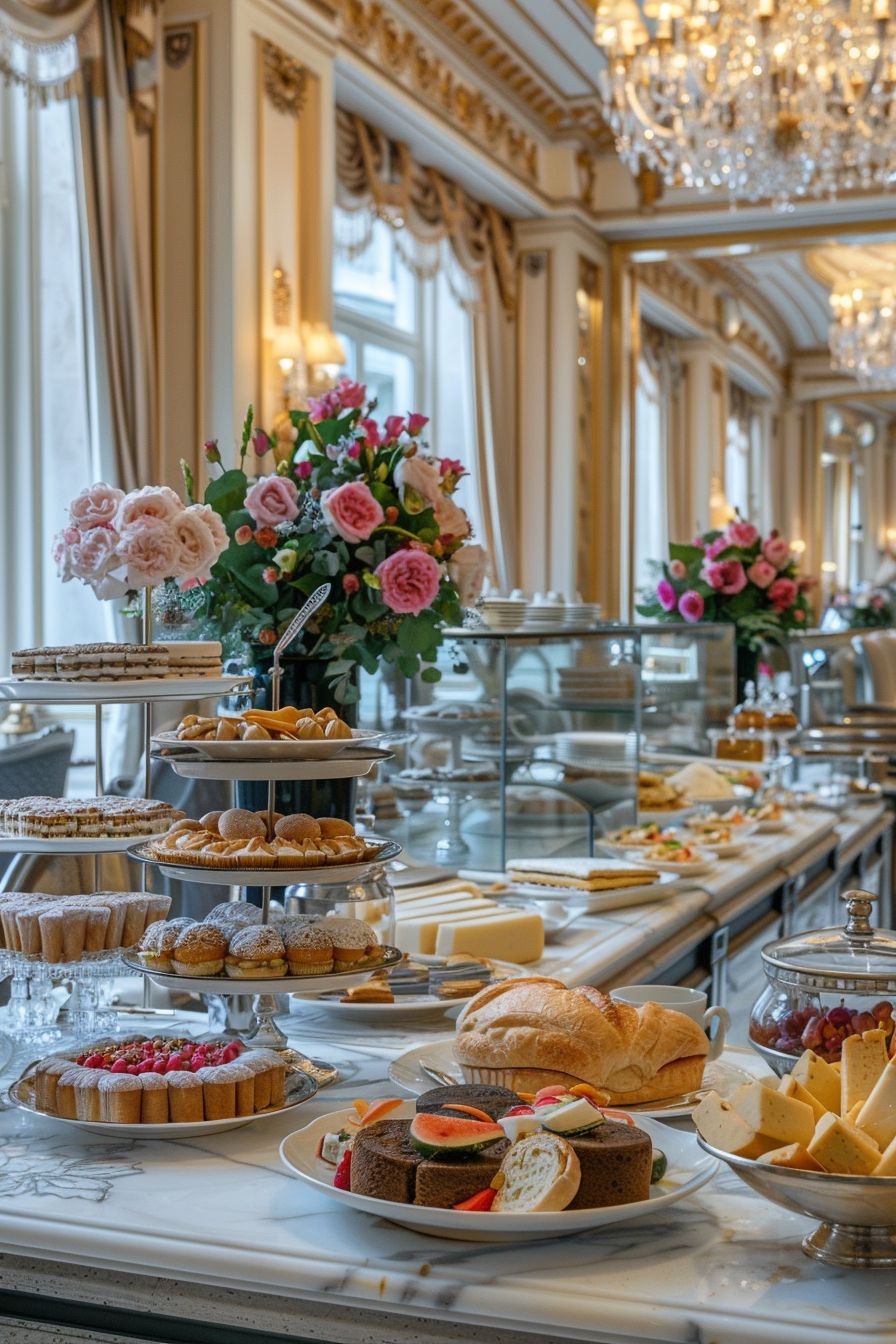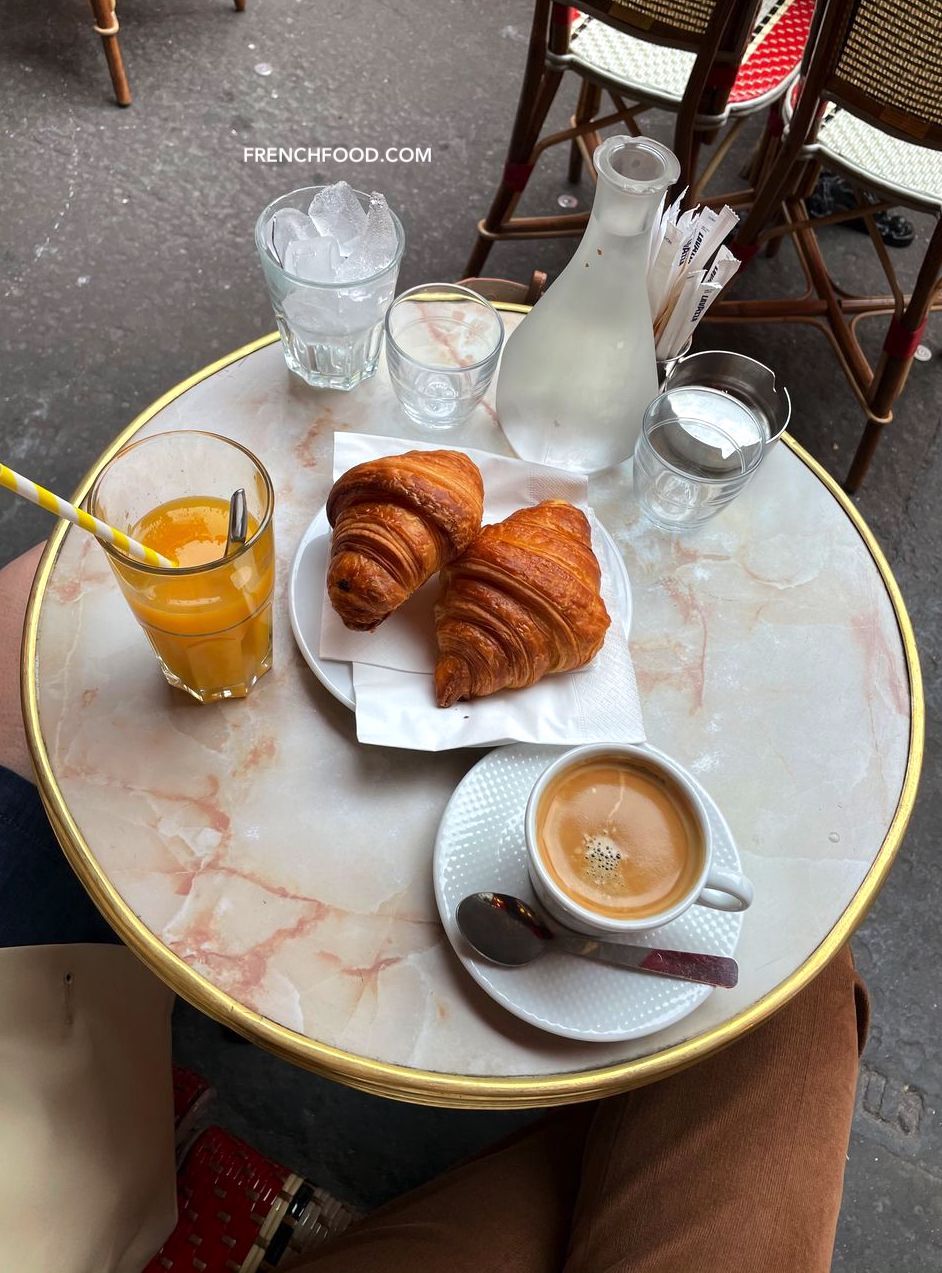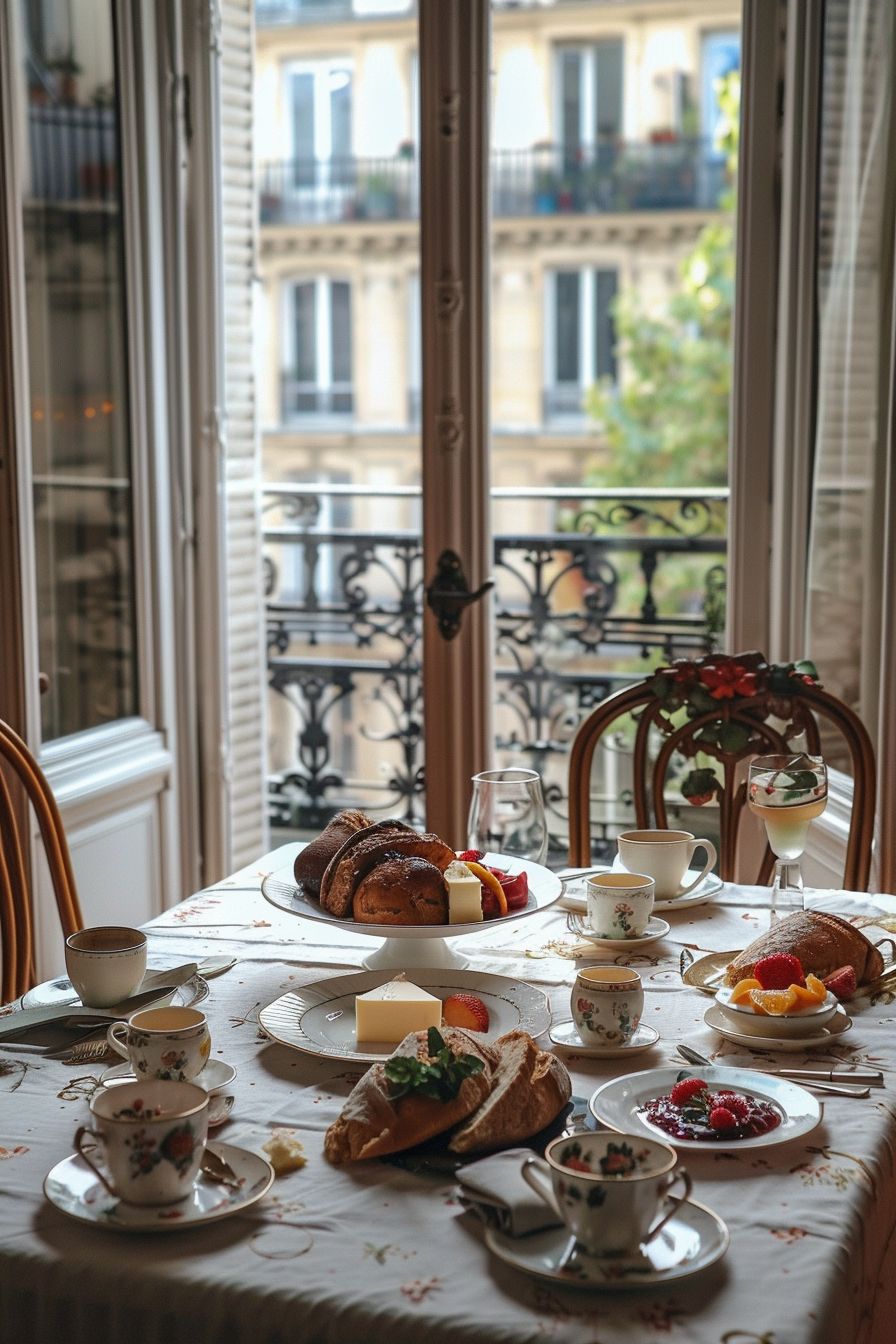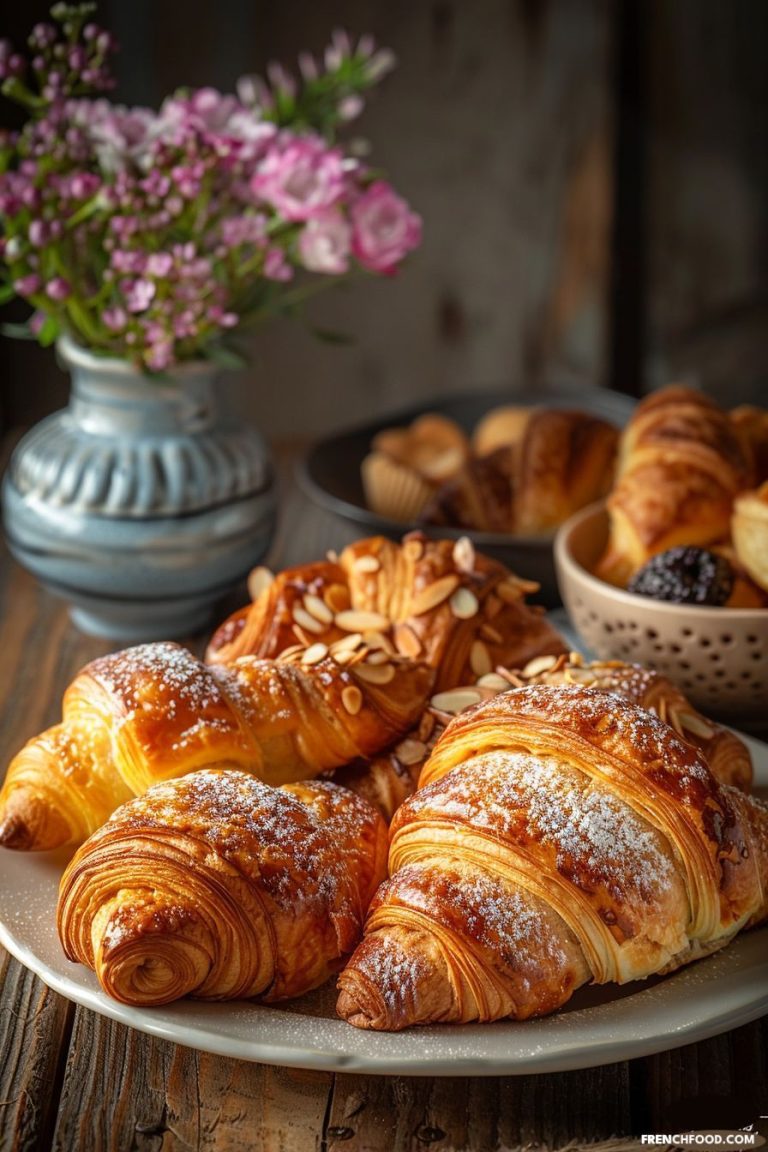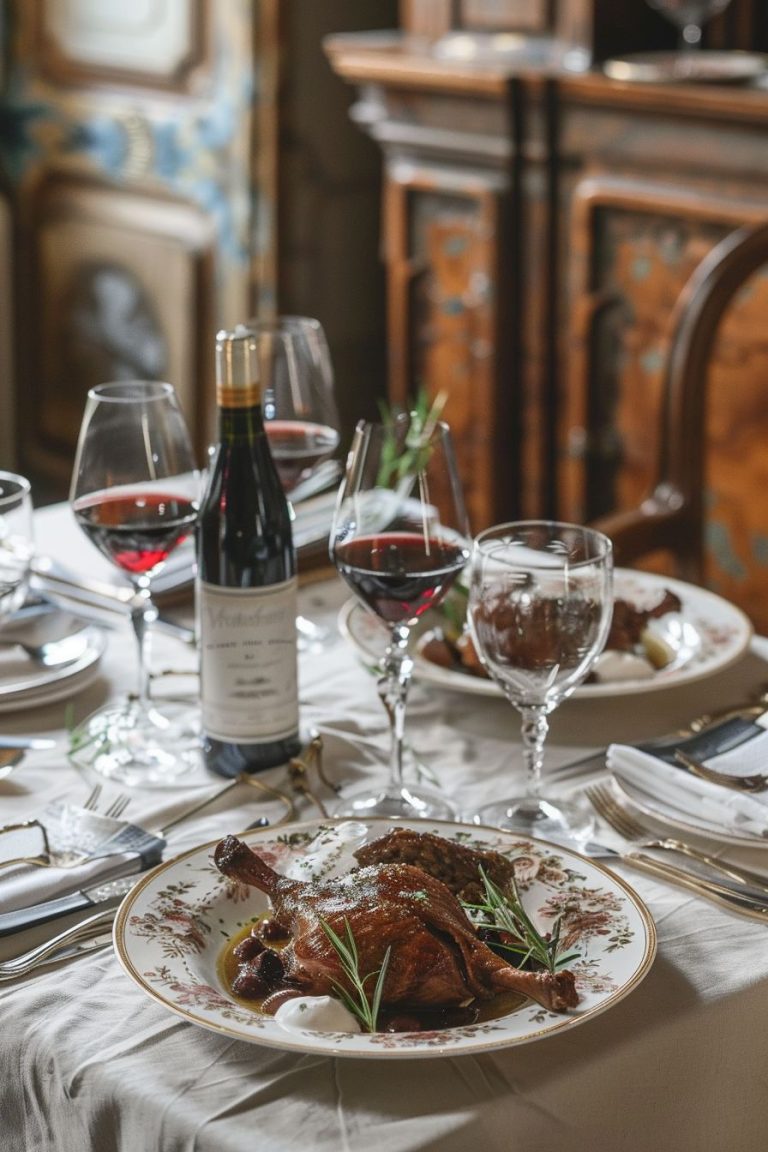The Typical French Breakfast (at Home vs. Hotel vs. Café)
We may earn a commission through all links on this website. As an Amazon Associate, we earn from qualifying purchases.When it comes to the magnificence of French gastronomy, one’s mind might naturally gravitate towards lavish dishes like Coq au Vin or a decadent Tarte Tatin. But let us not forget the charms of something much simpler, yet equally delightful – the quintessential French breakfast.
Just like the soft morning sunlight that spills through the windows of a Parisian apartment, a traditional French breakfast is understated yet warming. It’s a delicate beginning to the day, exuding a subtle, refined elegance that sets the tone for the hours to follow.
You won’t find heaps of eggs, stacks of pancakes, or sizzling bacon here. Instead, the beauty of a French breakfast, or “petit déjeuner”, lies in its simplicity and the high quality of its components. It’s a gentle wake-up call for your taste buds, a subtle nudge rather than a blaring alarm clock.
We’ll get into the heart of a typical French home at the break of day. We’ll explore how the smell of freshly baked croissants mingles with the aroma of just-brewed coffee to create an idyllic, sensory heaven that’s uniquely French. We’ll explore the deceptively simple, time-honored rituals that transform everyday ingredients into a feast of flavors and textures.
So tighten your apron, heat up your ovens, and prepare your palate for a taste of La Belle France. Let’s embrace the enchanting world of a typical French breakfast, and let me show you how you can recreate this magic right in your American kitchens. After all, who said you need a passport to travel to France?
Basic French Breakfast
Curious about what the typical French breakfast really is?
A typical French breakfast typically consists of a warm beverage (typically coffee, tea, or hot chocolate), a piece of bread or a croissant, butter, jam, and a glass of orange juice.
Popular French Breakfast Foods
These are some of the most popular foods you’d find in a French breakfast:
- Baguette: This long, thin loaf of crusty bread is a staple in French cuisine. For breakfast, it’s often sliced and served with butter and jam. The ideal baguette has a crispy exterior and a soft, fluffy interior.
- Croissants and Pain au Chocolat: These flaky, buttery pastries are a beloved part of French breakfasts. Pain au chocolat is similar to a croissant but has a strip of dark chocolate running through the middle. Both are usually enjoyed warm from the oven.
- Tartines: A breakfast tartine is a slice of bread (often baguette) with something spread on top. This could be butter, jam, or even a bit of honey or Nutella for those with a sweet tooth.
- Madeleines: These small, shell-shaped cakes are often served with morning coffee. They’re light, buttery, and often flavored with lemon or almond.
- Brioche: This sweet, rich bread made with egg and butter is often enjoyed toasted and buttered, or as a base for French toast.
- Fresh Fruit: Depending on the time of year and what’s in season, fresh fruit like oranges, berries, or grapes may be included in a French breakfast.
- Cheese: Though not as common as the other items, a mild cheese such as Brie or Camembert may also be part of a French breakfast, served with baguette.
- Café au Lait: A morning in France wouldn’t be complete without coffee. Café au lait, meaning “coffee with milk”, is a popular choice. It’s typically served in a large cup or bowl, perfect for dipping your croissant or tartine.
French Breakfast at Hotels
When staying at a hotel in Paris or anywhere in France, you will likely be offered a “petit déjeuner” (small breakfast) option, served either at a bar or directly at a table setting, which typically includes the following:
- Bread and Pastries: A selection of fresh bread, often including baguette, is a must. There will also likely be a variety of viennoiseries such as croissants, pain au chocolat (chocolate-filled croissants), and pain aux raisins (raisin-filled pastry).
- Butter and Spreads: Fresh butter and a mix of jams are a staple. You may also find honey, and sometimes Nutella or another chocolate spread.
- Drinks: Hot beverages typically include coffee (often served as café au lait, which is coffee with hot milk), a variety of teas, and hot chocolate. There will also be fresh juices, most commonly orange juice, and sometimes apple or grape juice.
- Cheese and Cold Cuts: Some hotels may also offer a selection of local cheeses and cold cuts as part of their breakfast spread. This isn’t necessarily a typical component of a traditional French breakfast at home, but it’s a common addition in hotel settings.
- Yogurt and Cereals: Most hotels will also provide plain or fruit yogurt and a variety of cereals, along with milk. French yogurts are incredibly creamy and rich, and they often come in small, individual glass jars. They are typically enjoyed plain or topped with a sprinkle of granola or fresh fruit.
- Fruits: Depending on the season, fresh fruits or fruit salad will be available.
Some upscale hotels might offer a more expansive breakfast that can include eggs, bacon, sausages, smoked salmon, various salads, and even a few local or regional specialties. However, the heart of a French breakfast, even in most hotels, remains quite simple: good bread, pastries, and hot beverages.
French Breakfast in Cafés
In France, especially in bustling cities like Paris, cafés play a crucial role in the everyday life of locals. They’re not just places to grab a quick coffee, but social hubs for relaxing, people-watching, or catching up with friends.
For breakfast, most French cafés offer what’s called a “formule petit déjeuner” or “formule matin” – essentially, a breakfast deal or set menu. The contents of the formule can vary by café, but typically include the following:
- A Hot Beverage: This could be a café (an espresso), café crème (coffee with cream), café au lait (coffee with hot milk), or even a chocolat chaud (hot chocolate). If you prefer tea, most cafés will offer a selection of teas as well.
- Bread or Pastry: The choice often lies between a half baguette or a croissant. If you choose the baguette, it usually comes with butter and jam. Some formules might offer a croissant and a piece of baguette.
- A Cold Beverage: This is often a glass of freshly squeezed orange juice, although some cafés may offer other options like apple juice.
These formules provide a well-rounded, typical French breakfast experience in a café setting. They’re also quite economical and convenient, as you get a balanced breakfast in one easy order.
They can cost anywhere from 7€ to 16€ depending on the establishment. Prices are usually noted on boards outside the café entrance advertising these deals.
Beyond the standard formule, you can usually order items à la carte as well, such as toast, yogurt, eggs, or a different type of pastry like a pain au chocolat or a pain aux raisins. In some larger or more tourist-oriented cafés, you might even find more “brunch-style” items like omelettes or smoked salmon.
The essence of a French breakfast, even in a café, is simplicity – a moment of calm and enjoyment before the day begins in earnest. Enjoy the atmosphere, the flavors, and the rhythm of life unfolding around you – c’est la vie française!
French Breakfast at Home
Ah, the intimacy of a French home in the morning – it’s a beautiful tableau of simple pleasures and time-honored rituals. The French breakfast at home, or “le petit déjeuner”, is usually light and quite simple, quite a contrast to the hearty and savory American breakfast.
- Bread and Pastries: The cornerstone of the French breakfast is fresh bread. It could be a baguette fraîche from the local boulangerie, served with butter and jam, or perhaps a croissant or pain au chocolat for a treat. Toast made from baguette slices is also common. The crunch of crusty bread followed by the soft, warm interior is a perfect start to the day.
- Butter and Spreads: Along with their bread, the French enjoy butter, jams, and honey. Jams range from traditional fruits like strawberry and apricot to more regional offerings like black cherry from the Basque region. Honey is also a favorite, often locally sourced.
- Beverages: Most people start their day with a hot drink. For many, this is a bowl of café au lait (coffee with milk), into which they might dip their bread or croissant. Tea and hot chocolate are other popular options, particularly for children.
- Dairy: Plain yogurt or a dollop of fromage blanc (a creamy soft cheese) is common, sometimes topped with a spoonful of jam or honey. Cheese, while more common in the lunch and dinner courses, can be consumed at breakfast too, especially during weekends.
- Fruit: Fresh fruit or fruit juice, especially orange juice, might be included to add a refreshing touch.
- Cereal: Some French people enjoy a bowl of cereal in the morning, particularly children. This could be something simple like cornflakes or a French brand of chocolate cereal.
While the specifics vary from home to home, the French approach to breakfast is about quality over quantity. The focus is on fresh, high-quality ingredients, and the meal is meant to be a light, pleasant way to start the day rather than a heavy, hearty feast. Breakfast in France is usually a family affair, a quiet moment shared before everyone goes about their day.
